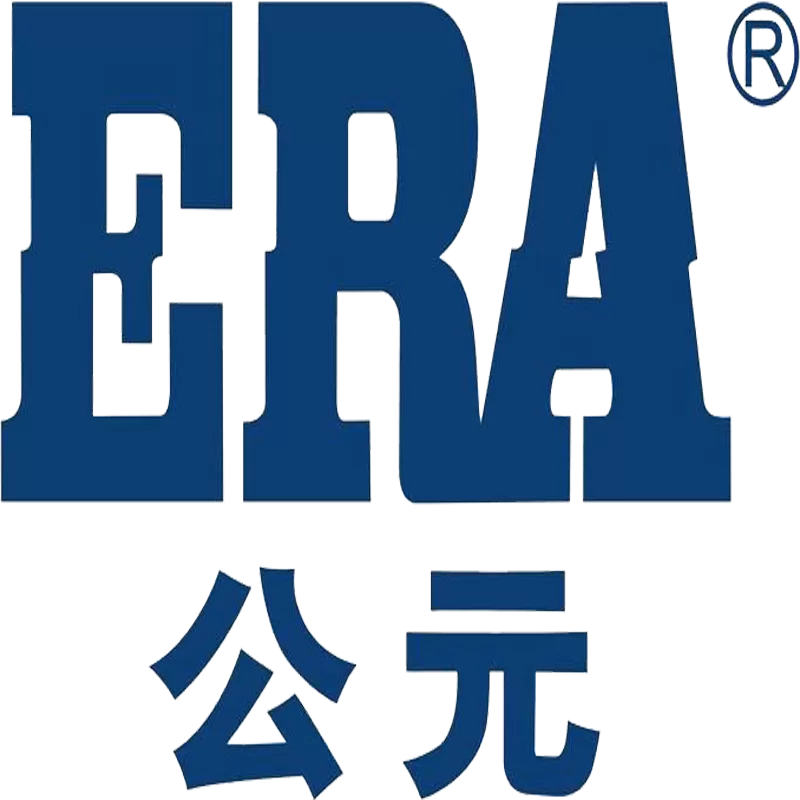In the production and transportation of the coal industry, pipelines, as a key infrastructure, need to withstand the test of complex working conditions for a long time - the impact collision of underground operations, the corrosive medium in the washing process, and the high pressure environment of the ground transportation system, etc., which place strict requirements on the performance of pipeline materials. HDPE carat pipes, with their unique material characteristics and structural advantages, have become an ideal choice for coal industry pipeline systems, providing reliable guarantees for the efficient production and safe operation of the industry.
First of all, excellent corrosion resistance is one of the core advantages of HDPE carat pipes in the coal industry. In the process of coal mining and washing, coal dust, acidic wastewater, sulfide and other corrosive substances are often exposed, and traditional metal pipelines are susceptible to corrosion, resulting in leakage and shortened life. HDPE material is highly chemically stable. It does not contain polar groups in its molecular structure. It can resist a variety of acids, alkalis, salts and organic solvents. It can maintain pipeline integrity for a long time under complex working conditions, and greatly reduce the safety accidents and maintenance costs caused by corrosion.
Secondly, its super impact resistance can effectively cope with the dynamic environment of the coal industry. Whether it is a mechanical collision of a fully mechanized mining face downhole or an accidental fall of a surface transportation system, HDPE carat pipes can absorb impact energy with their own flexibility. Its unique winding structure design further enhances the impact resistance, and it is not easy to break even under extreme external forces. Compared with traditional rigid pipes, it can significantly improve the safety and stability of the system and reduce the production interruption caused by pipeline damage.
Furthermore, the characteristics of light weight and high strength significantly reduce the difficulty of engineering construction. Coal industrial pipelines are mostly laid underground or in complex terrain in the field. Traditional steel pipes and other materials have large weight and high installation costs, and need to invest a lot of manpower and material resources for lifting and fixing. HDPE carat pipe density is only 1/8 of steel pipe, transportation and installation are more convenient, can greatly shorten the construction cycle, reduce labor and mechanical use costs, especially suitable for the rapid advancement of large coal projects.
In addition, the super long service life and environmental protection characteristics are in line with the development trend of the industry. HDPE materials have excellent anti-aging properties. They can still maintain stable physical properties under the action of natural factors such as ultraviolet rays and temperature changes. The service life can reach more than 50 years, which is much higher than the average life of traditional pipelines. It reduces the waste of resources caused by long-term replacement. At the same time, HDPE carat pipe does not contain heavy metal additives, does not pollute the environment during production and use, and can be recycled and reused, which is in line with the policy orientation of green development of the coal industry.
To sum up, HDPE carat pipe has unique advantages such as corrosion resistance, impact resistance, light weight and high strength, long life and environmental protection. It shows irreplaceable value in the coal industry pipeline system. Choosing HDPE carat pipe can not only improve the safety and reliability of the pipeline system, but also reduce the project cost and maintenance investment, and provide a solid pipeline guarantee for the efficient, safe and sustainable development of the coal industry.
.jpg)

